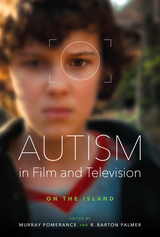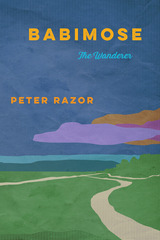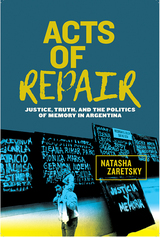
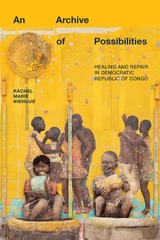
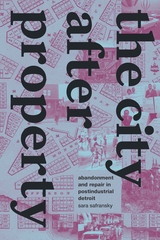

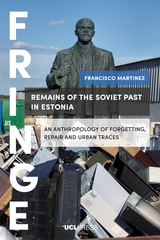
Francisco Martinez brings together a number of sites of interest to explore the vanquishing of the Soviet legacy in Estonia: a street market in Tallinn where concepts such as "market" and "employment" take on distinctly different meanings from their Western use; Linnahall, a multi-purpose venue, whose Soviet heritage now poses difficult questions of how to present the building’s history; Tallinn’s cityscape, where the social, spatial, and temporal coevolution of the city can be viewed and debated; Narva, a city that marks the border between the Russian Federation, NATO, and the European Union and represents a place of continual negotiation; and the new Estonian National Museum in Raadi, an area on the outskirts of Tartu that has avoided promoting a single narrative of the past.
By exploring these places of cultural and historical significance, which all contribute to our understanding of how the new generation in Estonia is not following the expectations and values of its predecessor, the book also demonstrates how we can understand generational change in a material sense.
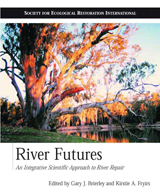
- frames the development of integrative river science and its application to river rehabilitation programs
- develops a coherent set of guiding principles with which to approach integrative river science
- considers the application of cross-disciplinary thinking in river rehabilitation experiences from around the world
- examines the crossover between science and management, outlining issues that must be addressed to promote healthier river futures
Case studies explore practical applications in different parts of the world, highlighting approaches to the use of integrative river science, measures of success, and steps that could be taken to improve performance in future efforts.
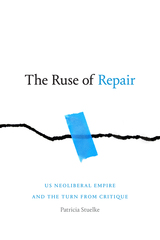


Duke University Press Scholars of Color First Book Award
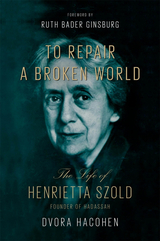
The authoritative biography of Henrietta Szold, founder of Hadassah, introduces a new generation to a remarkable leader who fought for women’s rights and the poor.
Born in Baltimore in 1860, Henrietta Szold was driven from a young age by the mission captured in the concept of tikkun olam, “repair of the world.” Herself the child of immigrants, she established a night school, open to all faiths, to teach English to Russian Jews in her hometown. She became the first woman to study at the Jewish Theological Seminary, and was the first editor for the Jewish Publication Society. In 1912 she founded Hadassah, the international women’s organization dedicated to humanitarian work and community building. A passionate Zionist, Szold was troubled by the Jewish–Arab conflict in Palestine, to which she sought a peaceful and equitable solution for all.
Noted Israeli historian Dvora Hacohen captures the dramatic life of this remarkable woman. Long before anyone had heard of intersectionality, Szold maintained that her many political commitments were inseparable. She fought relentlessly for women’s place in Judaism and for health and educational networks in Mandate Palestine. As a global citizen, she championed American pacifism. Hacohen also offers a penetrating look into Szold’s personal world, revealing for the first time the psychogenic blindness that afflicted her as the result of a harrowing breakup with a famous Talmudic scholar.
Based on letters and personal diaries, many previously unpublished, as well as thousands of archival documents scattered across three continents, To Repair a Broken World provides a wide-ranging portrait of a woman who devoted herself to helping the disadvantaged and building a future free of need.
READERS
Browse our collection.
PUBLISHERS
See BiblioVault's publisher services.
STUDENT SERVICES
Files for college accessibility offices.
UChicago Accessibility Resources
home | accessibility | search | about | contact us
BiblioVault ® 2001 - 2025
The University of Chicago Press




